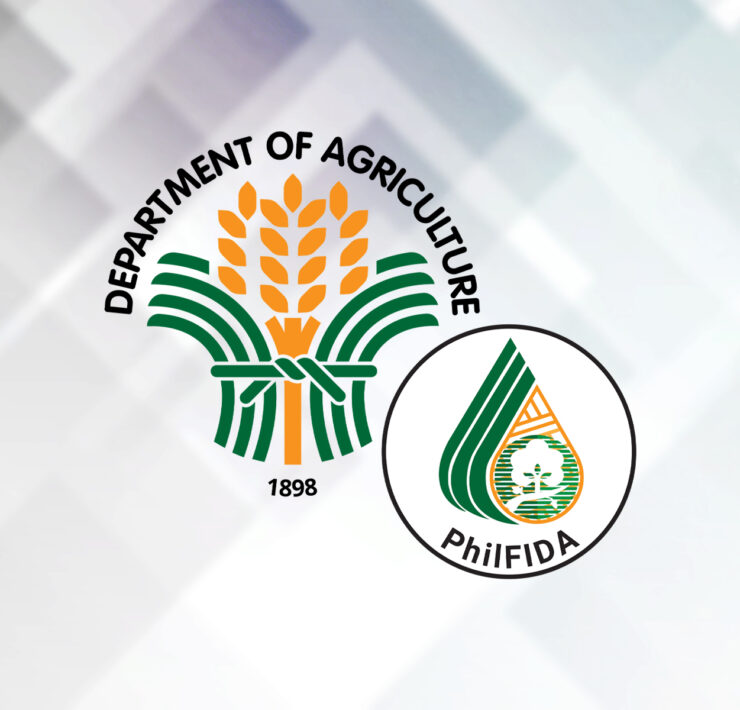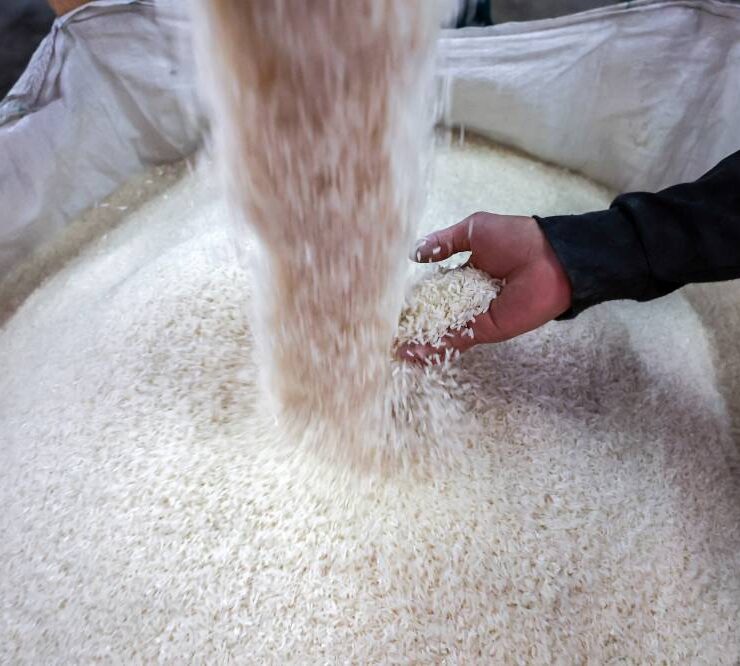Implementation is key to agriculture success

Unless private sector monitoring of the agriculture budget implementation is done, agriculture development will suffer. Under a wider global fair trade regime such as the Regional Comprehensive Economic Partnership (RCEP), this will get worse.
In 2022, the AgriFisheries Alliance (AFA) — composed of Alyansa Agrikultura for farmers and fisherfolk, Philippine Chamber of Agriculture and Food Inc. for agribusiness and Coalition for Agriculture Modernization in the Philippines for science and academe — favored RCEP only if six conditionalities were met. One of them was private-sector monitoring of the Department of Agriculture (DA ) budget implementation.
To justify their position, the AFA cited the Commission on Audit finding that one-third of DA’s budget expenses for 2020, 2021 and 2022 was either unliquidated or unexplained, indicating massive waste and corruption.
On Feb. 21, 2023, the Senate included this conditionality in the official RCEP ratification document. But it took almost one year before then newly appointed DA Secretary Francisco Tiu Laurel Jr. made this happen on Jan. 5, 2024. The partial results of this private sector monitoring are shown in the chart.
These results are consistent with a separate study done from 2019 to 2022 commissioned by former DA Secretary William Dar. It showed that 35 percent of the agriculture machines given by DA were either unutilized or underutilized. This significant indicator of waste and corruption was not acted upon until Tiu Laurel took over.
Tiu Laurel replaced a 2016 DA Memorandum Circular “General Guidelines in the Provision of Agricultural Production, Post Harvest and Processing Machinery and Equipment” with an improved 38-page circular.
A joint public-private team under the public-private Philippine Council of Agriculture and Fisheries led by Undersecretary Roger Navarro and Director Ricardo Onate Jr. then composed a one-page management directive identifying six elements of this circular. It focused on six main obstacles that hindered effective implementation.
Added was the private-sector Regional Agricultural Fisheries Council (RAFC) chair signing as a witness to ensure transparency. Another was the inclusion of a financial perspective to determine feasibility.
Six elements
Here are the six elements, which can be modified for possible use by other departments: (1) There should first be a needs analysis done at the region; (2) No grants shall be given unless there is a clear Memo of Agreement (MOA) signed by the relevant parties; (3) The MOA must have a clear utilization proposal for the appropriate projects, with an estimated five year cash flow;
(4) The RAFC chair must sign as a witness to the MOA. Whenever possible, the chair shall be involved from the beginning of the process. Copies of the MOA should be immediately given, ahead of the notarized copies sent later;
(5) The track record or capability of the beneficiary organization should be carefully evaluated; and (6) Unutilized and underutilized assets should be transferred to deserving beneficiaries when feasible, and in a timely manner.
Rewarding compliance to each of the six points above will be key performance indicators used for the Regional Executive Director’s valuation, with the corresponding rewards and penalties.
The conclusion is that even if the plan was correct, effective implementation must take place. There are four recommendations. First, private-sector monitoring of budget implementation should take place for accuracy and transparency. Second, the main causes (using the Pareto 20/80 principle of focusing on the critical 20 percent) of possible problems should be identified.
Third, the legal circulars should be translated into a management document for better implementation. Fourth, a reward and penalty system should be enforced using this document.
With these points acted up , the ensuing effective implementation will result in much better agriculture success.
The author is Agriwatch chair, former secretary of presidential flagship programs and projects, and former undersecretary of the Department of Agriculture and the Department of Trade and Industry. Contact is agriwatch_phil@yahoo.com
The author is Agriwatch chair, former secretary of presidential flagship programs and projects, and former undersecretary of the Department of Agriculture and the Department of Trade and Industry. Contact is agriwatch_phil@yahoo.com.





















